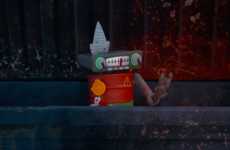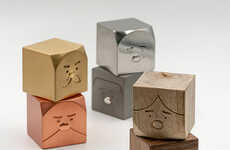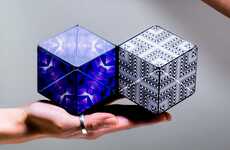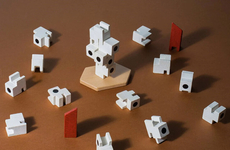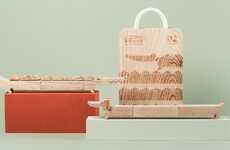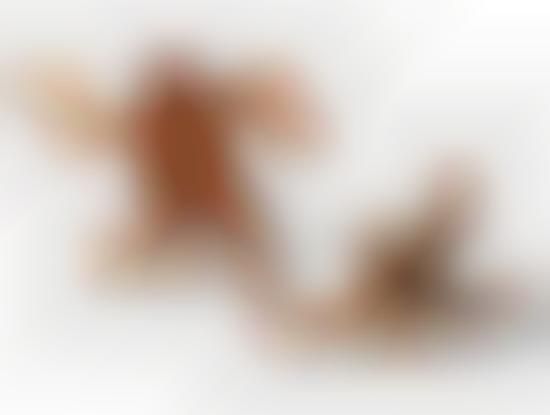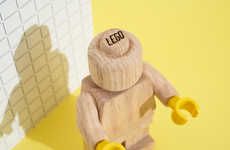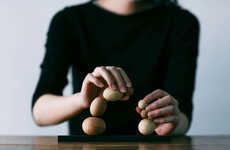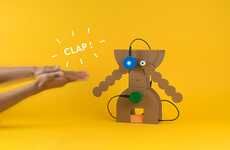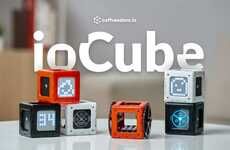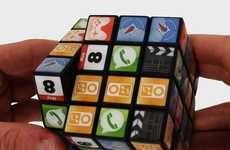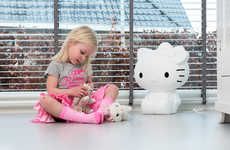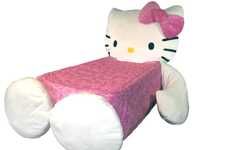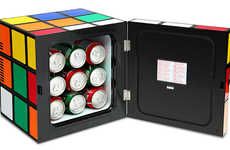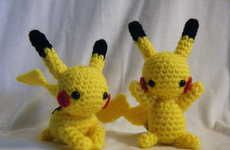
The David Weeks Studio 'Cubebot' is Inspired by Japanese Puzzles
Meghan Young — December 7, 2010 — Eco
References: davidweeksstudio & thedesignblog.org
Since not everyone can get their hands on real robots right now, the David Weeks Studio 'Cubebot' will have to be a wooden substitute. Considering that they are very eco-friendly, forgoing plastic and batteries, these peculiar toys are perfect gifts for all ages.
Inspired by the Japanese Shinto Kumi-ki puzzles, the David Weeks Studio 'Cubebot' is made out of beechwood. Available in small or large versions, they are flexible enough to take on a number of positions.
Inspired by the Japanese Shinto Kumi-ki puzzles, the David Weeks Studio 'Cubebot' is made out of beechwood. Available in small or large versions, they are flexible enough to take on a number of positions.
Trend Themes
1. Wooden Toys - Opportunity for creating eco-friendly and sustainable toy options without the use of plastic and batteries.
2. Robot Substitutes - Opportunity to provide alternative options for individuals who cannot access real robots.
3. Flexible Design - Opportunity to develop toys with flexible structures that can be manipulated into various positions.
Industry Implications
1. Toy Industry - Opportunity for toy companies to create wooden toys that are eco-friendly and appeal to consumers of all ages.
2. Robotics Industry - Opportunity to develop robot substitutes that offer similar functionalities as real robots using alternative materials and designs.
3. Design Industry - Opportunity for designers to explore flexible and modular designs that can be applied in various products, including toys.
2
Score
Popularity
Activity
Freshness

